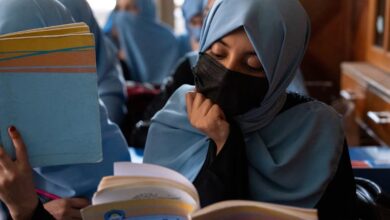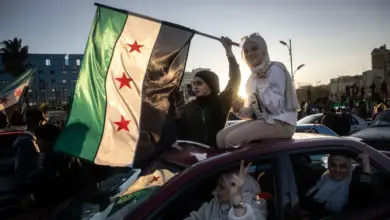
Saudi Arabia has released veteran women’s rights activist Aisha al-Manea following her arrest last week with several other activists in a crackdown just weeks before a ban on women driving is set to end, Amnesty International said on Thursday.
The rights group has reported the detention of at least 11 activists, mostly women who previously campaigned for the right to drive and an end to the kingdom’s male guardianship system, which requires women to obtain the consent of a male relative for major decisions.
“We welcome her (Manea) release but we still do not know the conditions around it, and we call on authorities to release the other human rights defenders immediately,” said Samah Hadid, Amnesty’s Middle East Director of Campaigns.
“Unfortunately, the chilling smear campaign of these women and men has caused damage and tarnished not only these women but any form of activism and dissent in the country.”
Government officials were not immediately available to comment.
A government statement last week announced that seven people had been arrested for suspicious contacts with foreign entities and offering financial support to “enemies overseas”, and said authorities would identify others involved.
Manea, 70, had been campaigning for women’s right to drive since the 1990s. She was among six detainees publicly identified by Amnesty, along with Eman al-Nafjan, Loujain al-Hathloul, Aziza al-Yousef, Ibrahim Modeimigh and Mohammed al-Rabea.
State-backed media labeled those held as traitors and “agents of embassies”, unnerving diplomats in Saudi Arabia, a key US ally, with some likening it to repression in neighboring Egypt and saying their governments would privately discuss the matter with Saudi authorities.
Crown Prince Mohammed bin Salman has courted Western allies to support his reforms in a bid to diversify the oil-dependent economy and open up the deeply conservative Muslim kingdom.
Ending a decades-old ban on women driving has been hailed as proof of a new progressive trend in the country, but has been accompanied by a crackdown on dissent, including dozens of arrests last September that appeared to pave the way for lifting the driving ban.
Women who previously participated in protests against the ban told Reuters last year that two dozen activists had received phone calls instructing them not to comment on the decree lifting it. Some of those arrested this week nonetheless continued to speak out.




